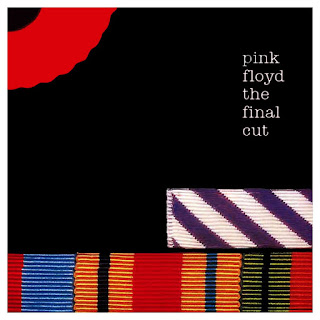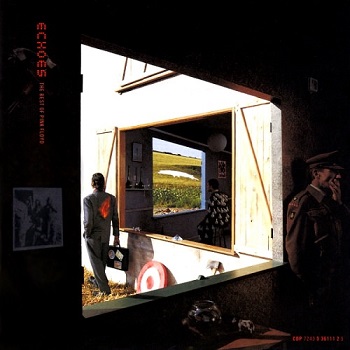

SPIEGEL: We're not talking about "a bit of money".ĭG: I regard the amount of money we're earning as obscene. With sums being this big, does money still have any appeal to you?ĭG: I see myself as being left-wing, but not far enough left to be against money. You have earned more than $100 million in 1994.

SPIEGEL: Your tour, which is now being documented on CD, was one of the most successful tours in rock history. Four to five storeys are OK, but go higher up and I start to feel uneasy. SPIEGEL: What is so bad about tall buildings?ĭG: I don't particularly like them. When he told me he would like to see some skyscrapers when he looks out of his palace window, I was horrorstruck. He wants to introduce capitalism, and sometimes he is too careless with it. But I have to say that he is planning things that worry me a bit. SPIEGEL: Did you give him any political tips?ĭG: No, I'd find that too obtrusive. Mr Havel is a very friendly man, and most of the people working for him seem to be musicians or music critics. SPIEGEL: Last summer, you had dinner with Vaclav Havel, was that the high spot of your tour?ĭAVID GILMOUR: It was very nice, but not the high spot. This week, the double CD "Pulse" with live recordings from last year's Pink Floyd world tour is released. Since the departure of Roger Waters in 1985, Pink Floyd shrunk to the trio of Gilmour, 49, Nick Mason, 51, and Richard Wright, 52 - and is more successful than ever with gigantic concerts and records made "in the old style".

DAVID GILMOUR joined the British rock band Pink Floyd in 1968 as a replacement for the drug addicted Syd Barrett and is now at the helm of one of the most lucrative pop enterprises in the world.


 0 kommentar(er)
0 kommentar(er)
